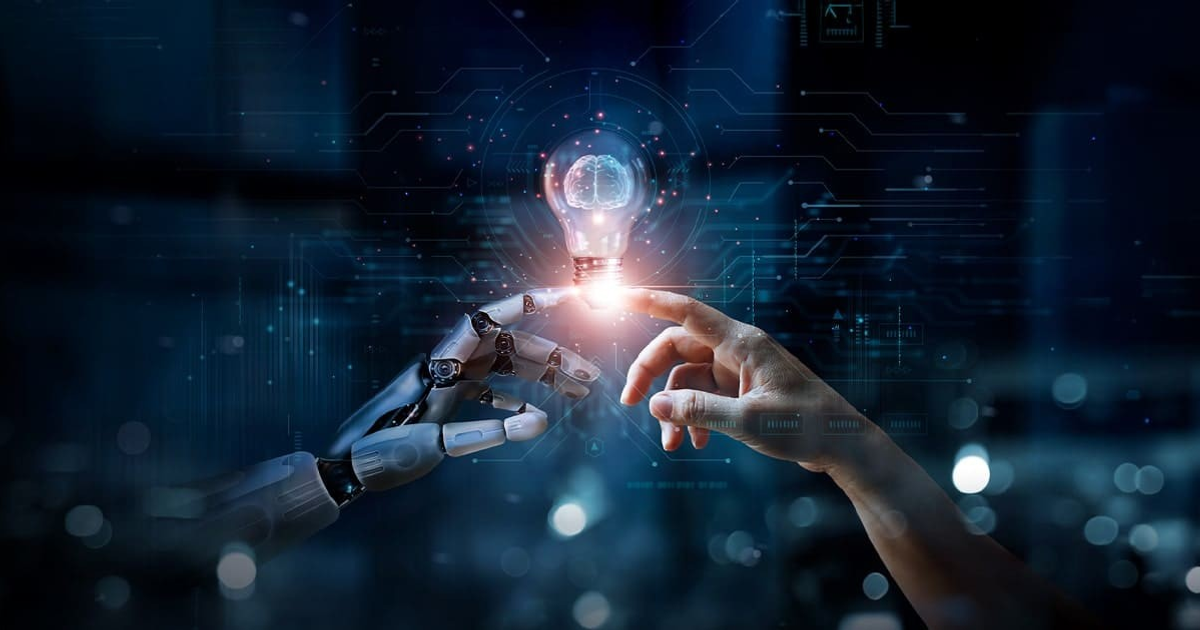Artificial Intelligence (AI) is no longer a futuristic concept; it is a transformative force reshaping industries, economies, and the global workforce. As AI continues to evolve, its impact on job opportunities in the tech sector is profound, creating both challenges and opportunities for professionals. While some fear that AI will replace human jobs, the reality is more nuanced. AI is not just a disruptor—it is a catalyst for innovation, creating new roles, enhancing existing ones, and demanding a shift in skillsets. Let’s explore how AI is shaping the future of tech jobs and what it means for professionals in the field.
Automation of Repetitive Tasks
One of the most immediate impacts of AI in the tech industry is the automation of repetitive and mundane tasks. Jobs that involve data entry, code debugging, or routine system maintenance are increasingly being handled by AI-powered tools. For example, AI-driven software can now write basic code, test applications, and even identify bugs faster than humans. While this may reduce the demand for certain entry-level tech roles, it also frees up professionals to focus on more complex, creative, and strategic tasks.
Emergence of New Job Roles
As AI technologies advance, entirely new job categories are emerging. Roles such as AI ethicists, machine learning engineers, data annotation specialists, and AI trainers are becoming critical to the tech ecosystem. These positions require a deep understanding of AI systems, their limitations, and their ethical implications. Additionally, the rise of AI has spurred demand for professionals who can bridge the gap between technology and business, such as AI product managers and AI strategy consultants. These roles highlight the growing need for interdisciplinary skills in the tech workforce.
Upskilling and Reskilling Imperative
The rapid adoption of AI is driving a significant shift in the skills required for tech jobs. Proficiency in programming languages like Python, R, and Java is no longer enough. Professionals now need to understand machine learning algorithms, neural networks, and natural language processing. Upskilling in AI-related technologies is becoming essential for career growth. Companies are investing in training programs to help employees adapt, and educational institutions are updating curricula to include AI and data science. For tech professionals, continuous learning is no longer optional—it’s a necessity.
Enhanced Collaboration Between Humans and AI
Contrary to the fear of AI replacing humans, the future of tech jobs lies in collaboration between humans and AI. AI systems excel at processing vast amounts of data and identifying patterns, but they lack the creativity, emotional intelligence, and critical thinking that humans bring to the table. For instance, AI can assist software developers by suggesting code optimizations, but it is the developer who decides the best approach based on the project’s unique requirements. This symbiotic relationship between humans and AI will define the future of work in tech.
Ethical and Regulatory Challenges
As AI becomes more integrated into tech systems, ethical and regulatory concerns are coming to the forefront. Issues such as bias in AI algorithms, data privacy, and the potential for job displacement are sparking debates worldwide. This has led to the creation of roles focused on ensuring responsible AI development and deployment. Professionals with expertise in AI ethics, compliance, and governance are in high demand, as companies strive to build transparent and fair AI systems.
Global Opportunities and Remote Work
AI is also breaking down geographical barriers in the tech job market. With AI-powered tools enabling remote collaboration and communication, tech professionals can now work for global companies without relocating. This has opened up opportunities for talent in emerging markets and created a more diverse and inclusive workforce. Additionally, the demand for AI expertise is universal, meaning professionals with the right skills can find opportunities anywhere in the world.
The Role of Soft Skills
While technical skills are crucial, the rise of AI is also highlighting the importance of soft skills. As AI takes over routine tasks, human roles are becoming more focused on problem-solving, creativity, and interpersonal communication. Skills like emotional intelligence, adaptability, and teamwork are becoming increasingly valuable in the tech industry. Professionals who can combine technical expertise with strong soft skills will have a competitive edge in the AI-driven job market.
Conclusion
The impact of AI on future job opportunities in tech is undeniable. While some roles may become obsolete, the overall effect is a transformation rather than a reduction in opportunities. AI is creating new career paths, demanding new skills, and reshaping the way we work. For tech professionals, the key to thriving in this evolving landscape is adaptability. By embracing lifelong learning, developing interdisciplinary skills, and staying attuned to industry trends, individuals can position themselves for success in the AI-driven future.
As AI continues to advance, one thing is clear: the future of tech jobs is not about competing with AI but leveraging it to unlock human potential. The question is not whether AI will take jobs but how we can harness its power to create a more innovative, efficient, and inclusive tech industry.
